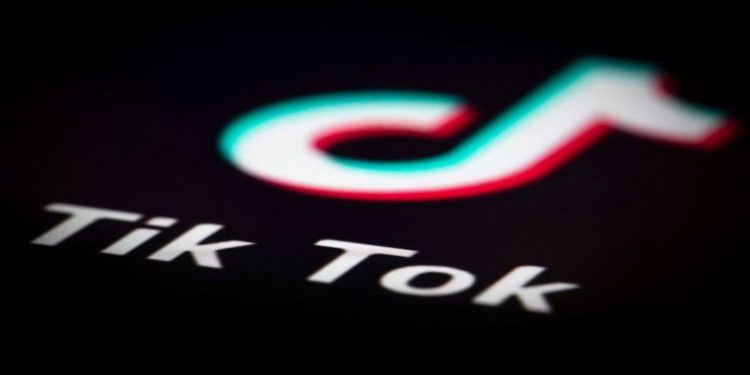New Delhi: With crores of people in India already using TikTok and all of them having the option to share the app with others, blocking its access on Google Play Store and Apple App Store may not have the desired results, say experts.
TikTok, which is very popular among children, is facing criticism from different quarters for circulation of ‘pornographic content’.
Google and Apple blocked the download of the Chinese short video-sharing app, following a request from the government.
But there are some market and technical realities which will not make the ban very effective on the ground and the possible issues and concerns will continue to bother people, especially increasingly worrying parents, according to market research firm techARC.
Any existing user of TikTok, who has the app installed on the smartphone, can share it with any such seeker through apps like ShareIt. Once the app is shared, the user can install the app and become a new user, said Faisal Kawoosa, Founder and Chief Analyst at techARC.
“There is a need to have a holistic approach to get rid of such increasing digital menace, which cannot be absolved by technology and/or legal recourse alone,” Kawoosa said.
The Ministry of Electronics and Information Technology had asked Google and Apple to block the app following the Supreme Court’s refusal to stay the original Madras High Court order April 3.
Expressing concern over the ‘pornographic and inappropriate’ contents on TikTok, the high court had directed the Centre to ban the app.
The Madurai Bench of the Madras High Court on Tuesday refused to lift the ban on TikTok and set April 24 as the next hearing date.
Owned by Chinese technology company ByteDance, TikTok claims that it has over 120 million monthly active users in India.
So already a considerable number of potential users are on the platform.
Although the app is now not available on Google Play Store and Apple App Store, people can get them from the third-party app stores such as apkpure, androidapkbox, uptodown and apkmirror, techARC said.
“It will be next to impossible to enforce any law or order with such fragmented markets,” it added.
IANS






































